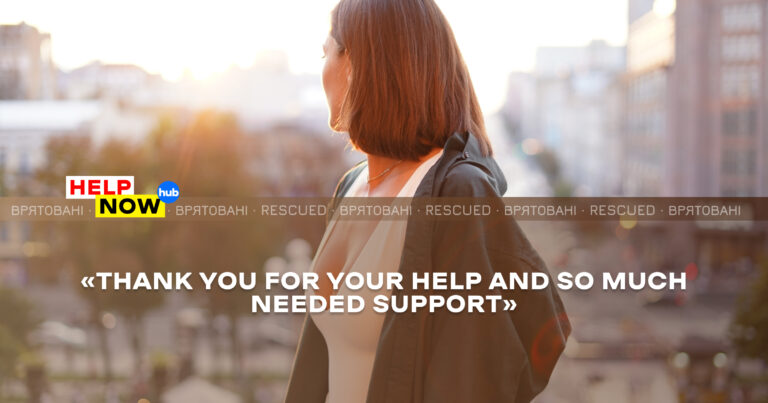When Natalya left her native Kyiv for vacation in mid-February 2022, she never thought that week would last…almost a year already. The woman was in Georgia and was supposed to return home on the 23rd, at night, when the war began. ART she had only for an incomplete month, so that’s what she stayed there with. She says that with the Ukrainian passport there were no problems in issuing therapy and taking tests, but it was like that until November. Currently, the conditions for Ukrainian refugees have changed in the country and now the monthly course costs 50 lari ($18).
Natalya moved to Turkey from Georgia, but did not stay there for long – the conditions for people living with HIV and who are not citizens are unfavourable: to be registered for free therapy, you need to have an ikamet (residence permit) and only 12 months after that you can submit a request for medication. Few people want to go that way. Yes, there are funds that help support vulnerable groups of the population, and even with them, everything is not easy: obtaining a certificate from a local doctor, traveling to one of the five points throughout the country where ART is given for free… Or visiting private clinics for money. Natalya decided to move and chose Norway.
“I contacted your service when I was in Turkey. Googled, found contacts, wrote. You gave me all the information I was interested in. HelpNow is a really fast service, no problems.”
Natalya approached the administration in the refugee hostel, showed the certificates that she had and the drug wrapper. “They asked me for how many days I still have ART, I clarified that it is for a week, no more. And before the New Year holidays, they brought me a 3-month supply of medicine. A visit to the infectious disease specialist was scheduled for January 18 as well. By the way, he works 500 km from my place of stay, so they bought me plane tickets there and back. Tests, visits and therapy are also free. Current medicine is paid for, but if a person has HIV, tuberculosis or hepatitis, the costs are covered by the state. Thank you again for helping your service to inform and provide such much-needed support, especially now.”

